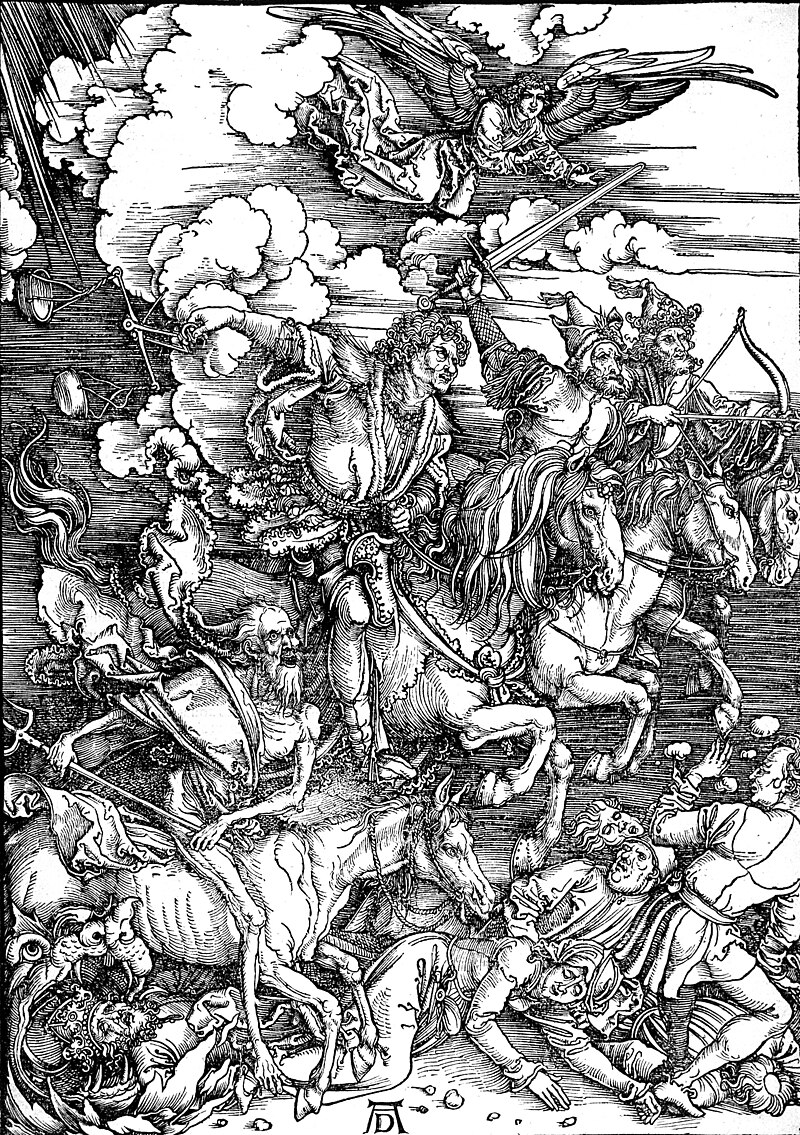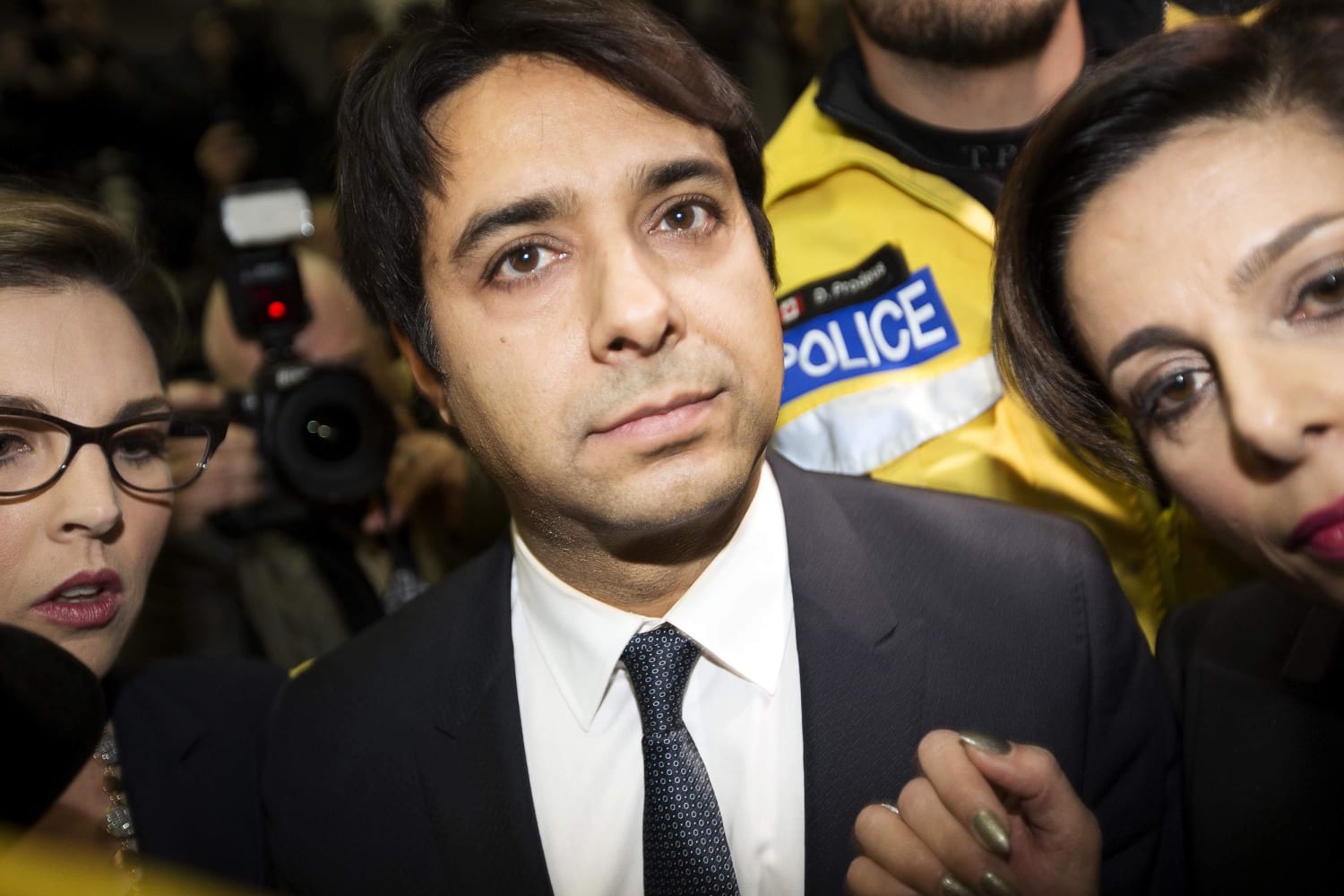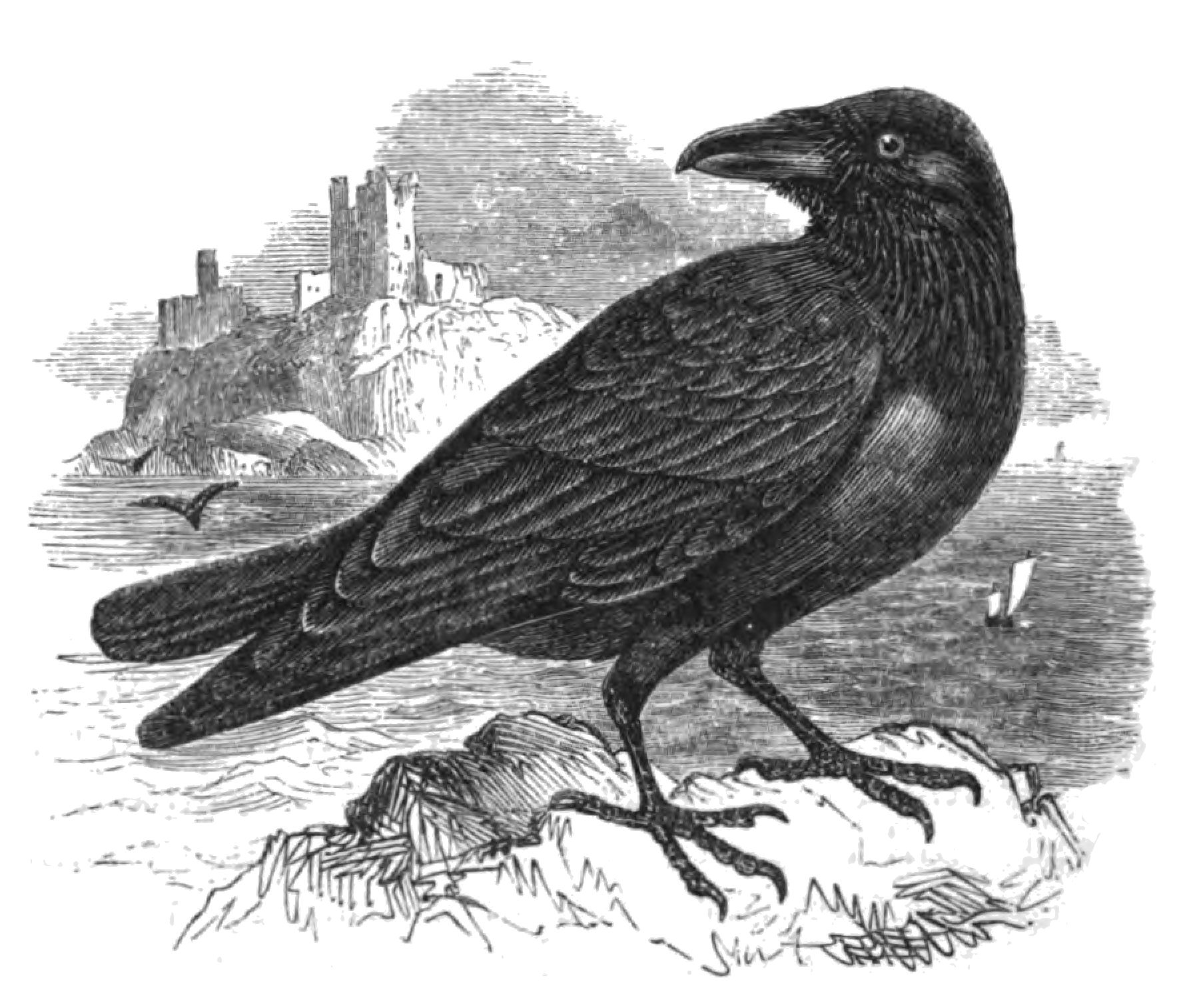Your bump in the middle of the night...
He's probably rushing in case he crashes and burns a lot sooner than expected:
An incoming Liberal
majority government will move forward with an ambitious agenda and
open Parliament with a speech from the throne before the end of the
year, CBC News has learned.
The new agenda will follow next week's swearing in of a new
Liberal cabinet, marking the official transition of power after nearly a
decade of Conservative Party rule.
The Liberal government's general program for the parliamentary
session that will follow is expected to include proposed legislation to
lower taxes on the middle class and a plan to resettle 25,000 Syrian
refugees, a senior Liberal source told CBC News.
That will happen after Trudeau returns from a busy travel
schedule of international events including the Group of 20 summit in
Turkey, the Asia-Pacific Economic Co-operation (APEC) summit in the
Philippines and the United Nations Climate Change Conference in Paris.
Before the Paris meeting he
is also expected to attend the Commonwealth meeting in Malta, where he
would meet the Queen, whom he first met when he was a child and his
father was prime minister.
First of all, taxes: PM-Elect Trulander,
who could not tell who was middle-class before the election, has decided that
anyone earning over $200, 000 (
as is his net worth) will be taxed more and receive fewer child benefits. According to
these statistics, 338,960 individuals have an income of $200, 000 and over and 207,050 individuals have an income of $250, 000 and over making the total population of people the Liberals can squeeze for
their infrastructure projects 546, 010 (assuming they have not hidden their wealth elsewhere).
How much can Trudeau expect to squeeze from seniors' pensions? It will have to be a significant amount because the Ontario Retirement Pension Plan (ORPP)
which Premier Kathleen Wynne promised to scrap before the election but
now has decided not to will be expensive:
The plan hurts the middle class. Yet, many middle-class individuals will
bear much higher tax rates on plan benefits, especially in the $73,000
to $90,000 range as Old Age Security payments are clawed back. ...
The plan provides a poor return to savings for low-income Canadians who
will be provided little personal income tax relief for contributions,
yet face a walloping personal tax on benefits with personal taxes and
reductions in Guaranteed Income Supplements. This can be fixed but not
easily. ...
Although it is argued by the Ontario government that the ORPP will
increase savings, no doubt there will be a significant reduction in
private saving, as many U.S. and Canadian economic studies have
suggested in the past, including a recent one by well-respected
economist, Francois Vaillancourt and his co-authors.
The timing cannot be worse for the Ontario
economy, which faces a weak economy with a falling employment rate this
past year (last month was an improvement). Taxes will be paid by a large
part of the population with no benefits paid out for several years to
come, as existing seniors will not get more money.
Businesses will face a new set of taxes on
employees, much of it shifted back in lower wages over time. In the
short run, companies facing international competition will face higher
costs along with higher Ontario energy costs, property taxes and new
levies to pay for infrastructure (the latter is most critical to achieve
growth in the long run, unlike the ORPP).
Like the CPP, it siphons money from the worker for a lousy return.
It doesn't help those who are self-employed and it's mandatory.
And let's not forget those carbon schemes Trudeau glowed about.
Carbon (read: carbon dioxide)
is not a pollutant but it's a convenient tax grab. It
raises the costs of
goods and services:
But cap-and-trade is just a carbon tax by another name, or, to put it more accurately, a tax on consumption -- consumption by us.
In fact, the Liberals under former premier Dalton McGuinty introduced
a carbon tax in Ontario when they imposed the Harmonized Sales Tax
(HST) on us on July 1, 2010.
They didn’t call it a carbon tax, but the reason it was is that the
HST extended the 8% Provincial Sales Tax (PST) over the much broader
reach of the 5% federal Goods and Services Tax (GST).
The practical effect of this was that as of July 1, 2010, Ontarians
began paying a new, additional 8% tax on gasoline, electricity
(generated in part by fossil fuel energy) and on heating fuels such as
natural gas and oil.
The reason this was a carbon tax, and more accurately a tax on
everything, is that it increased the price of everything, not just
driving one’s car, for example, but the cost of transporting goods to
market.
Similarly, as the price of manufacturing goods and creating services
increases because of the rising costs of electricity and transportation,
companies pass along those increased costs to us, as consumers, in the
form of higher prices.
This explains why cap-and-trade is a carbon tax by another name.
(
Sidebar: don't be surprised if the HST goes up.)
So - with a finite number of "high-rollers" and seniors to squeeze for money, added costs and taxes here and there, how
exactly is the middle-class saving money?
Then there's those pesky 25, 000
unvetted "
refugees" PM-Elect Trulander wants to let in (because prioritising proven
Syrian Christian refugees is "
disgusting"):
During the election campaign, Liberals said they'd accept 25,000 refugees from Syria and Iraq by the end of the year.
But is that even possible? And how would it work?
Refugee settlement groups in
Canada aren't sure it's wise. While they applaud the goal and the good
intentions, they fear it's too much, too fast. And they're saying so, as
the government consults with representatives of major refugee
agencies on how to proceed, based on their current capabilities.
Oh, dear.
But he campaigned on it!
These "
refugees" would have to not undergo any scrutiny and municipalities will not only have to pick up several tabs but will be flooded with people they might not be able to help.
I'm sure those who voted for Trudeau thought this through carefully when they cast their ballots.
Prime Minister Stephen Harper's handpicked parliamentary secretary says
the Conservative Party's focus on identity issues — the niqab, stripping
citizenship from dual nationals and launching a barbaric cultural
practices hot line — was a mistake that cost the party votes among new
Canadians.
Ontario Premier
Kathleen Wynne is facing more questions Monday over revelations that her
government paid education unions nearly $4 million to help cover
negotiating costs that are usually paid for with union dues in recent
years.
Education Minister Liz Sandals said last week the
multi-million-dollar payouts to unions were to cover costs such as
meeting rooms and food during negotiations for new teachers contracts.
When pressed for a detailed list of expenses, Sandals said unions
weren't asked to provide receipts for the expenses.
"We know what the meeting rooms cost. We know what the food costs. We know what 100 pizzas costs," she said.
In Question Period this morning, Progressive Conservative Leader
Patrick Brown said Sandals's statement falls short of explaining the
expenditure.
"I'm not sure where the minister buys her pizza, but the pepperoni must be gold-plated," he said.
Wynne said this year's $2.5-million payments to teachers unions
is a special case. Sandals told Brown in Question Period that the Mike
Harris government similarly supported unions during bargaining processes
when his government was in power.
"There hasn't been a provincial bargaining system in place before, this is the first time," she said.
Sandals is calling the payouts a "rather large investment" to get them to the bargaining table.
Guaran-damn-tee Ontario Liberal voters will vote for Sandals and Wynne tomorrow if they could.
Let's withdraw from the UN today:
The United States on
Tuesday voted against a U.N. resolution condemning its embargo on Cuba,
even though President Barack Obama has called on Congress to lift the
trade restrictions.
The vote was the first since the U.S. and
Cuban leaders agreed to restore diplomatic ties last December, and the
U.S. had considered taking the unprecedented step of abstaining.
The
General Assembly voted 191-2 to condemn the commercial, economic and
financial embargo against Cuba, the highest number of votes ever for the
measure. Only Israel joined the United States in opposing the
resolution, and when the vote lit up on the screen many diplomats jumped
to their feet in a standing ovation.
General
Assembly resolutions are nonbinding and unenforceable but the annual
exercise — now in its 24th year — has given Cuba a global stage to
demonstrate America's isolation on the embargo and its Cuba policy.
This must be embarrassing for Obama. Not only did the US still support the embargo against
a country that brutalises dissidents but Israel (
which the UN hates with a passion) supported the embargo, too.
What a world.
Well, it's not like the US is ever going to mount a serious challenge to China or anything:
China
is not afraid of fighting a war with the US in the South China Sea, a
newspaper with close links to the government said on Wednesday, after
Washington sent a warship near artificial islands built by Beijing.
An American soldier killed during the Korean War is returned home:
The
remains of a formerly missing U.S. soldier have been returned to
California nearly 65 years after he is thought to have died, the Long
Beach Press-Telegram reported.The
remains of Army Cpl. Robert V. Witt, a 20-year-old Bellflower man
missing since the Korean War, were returned earlier this week to his
sister Laverne Minnick, 82 ...
Minnick,
who lives in Huntington Beach, told the newspaper: "I am so happy. He's
going to be home, where he belongs, with his family."
Witt will be buried with full military honors at Rose Hills Memorial Park in Whittier on Friday.
And now,
the horrifying ways in which cakes can go wrong:
And the awesome ways they can go right:
















